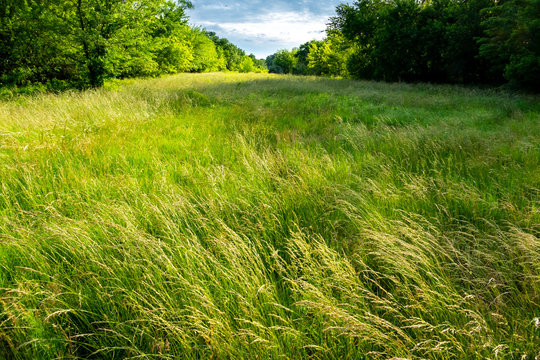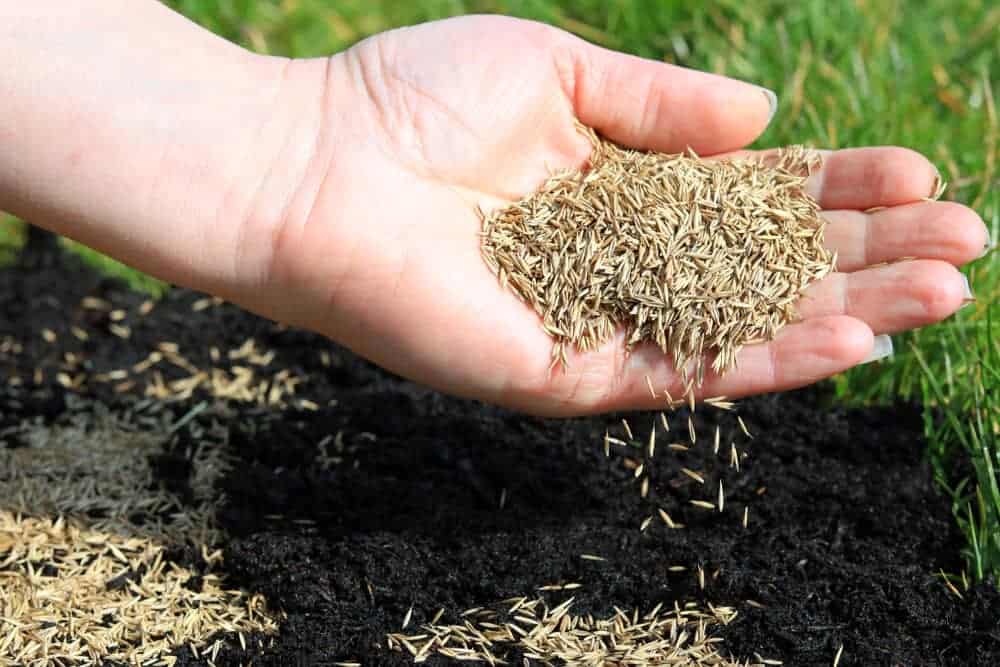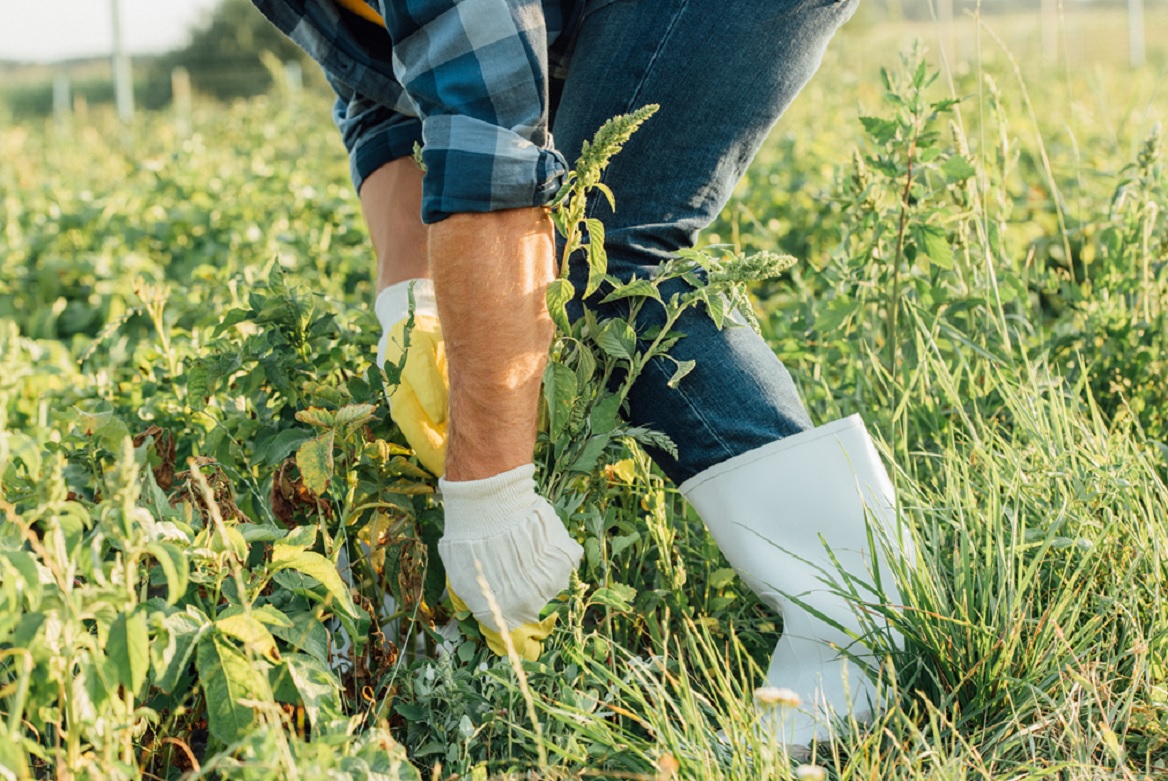Welcome to Turf Medic’s guide on understanding the grass growth cycle in Virginia. Knowing the best time to plant grass seed is crucial for establishing and maintaining a lush, healthy lawn. In this section, we explore the optimal periods for seeding, considering the unique climate and soil conditions of Virginia. With our expert advice, you’ll be well-equipped to achieve a beautiful, thriving lawn all year round. Let’s dive in!
Understanding the Grass Cycle
The grass growth cycle in Virginia is characterized by distinct stages, each critical to achieving a vibrant yard. The first period to consider is the early spring, when temperatures begin to rise, and the soil starts to warm up. This stage is ideal for planting cool-season seeds, such as Kentucky bluegrass and fescue, which thrive in cooler temperatures and establish roots efficiently.
As summer approaches, the growing grass enters a more robust phase, requiring regular watering and maintenance to support its development. This is also the period when warm-season grasses like Bermuda and Zoysia begin to grow more vigorously, benefiting from the higher temperatures and increased sunlight.
In the autumn, another optimal seeding period emerges, especially for cool-season grasses. The cooler days and nights, coupled with more frequent rainfall, create perfect conditions for the grass to grow strong and healthy before winter dormancy.
Types of Grass Best Suited for Virginia
The climate in Virginia varies greatly depending on the region, from the cooler mountains to the warmer coastal areas. Therefore, it’s crucial to choose a grass type that best suits your specific location. Here are some of the most commonly used grasses and their characteristics:
- Tall Fescue: This cool-season grass is widely used in Virginia due to its ability to thrive in both sun and shade. It has a deep root system and is drought-resistant, making it ideal for areas with inconsistent watering.
- Kentucky Bluegrass: Another popular cool-season option, Kentucky Bluegrass has a high tolerance for foot traffic and self-repairs damaged areas quickly. It does well in full sun but may struggle in shady areas.
- Bermuda Grass: This warm-season grass is well-suited for the hotter regions of Virginia. It thrives in full sun and has a high tolerance for drought, making it an excellent option for low-maintenance lawns.
- Zoysia Grass: Another warm-season option, Zoysia is known for its dense growth and ability to withstand heavy foot traffic. It does well in both sun and shade but may struggle in excessively wet or dry conditions.

The best grass seed for Virginia will ultimately depend on your specific yard needs and preferences. Consider factors such as climate, maintenance level, and desired appearance when selecting the right grass.
Spring vs. Fall: Optimal Time for Planting Grass Seed
When it comes to establishing a new lawn or overseeding an existing one, choosing the optimal time for planting grass seed is crucial for success. In Virginia, both spring and fall offer advantageous conditions, but understanding the differences can help you make the right decision for your yard.
Planting in Spring
Spring offers a promising start for new grass growth, as rising temperatures and increased sunlight stimulate the germination process. Cool-season grasses, such as Tall Fescue and Kentucky Bluegrass, can benefit from the milder temperatures and enhanced soil moisture retained from winter. However, be cautious of the potential for unexpected cold snaps, which can hinder seed development.
Advantages:
- Mild temperatures promote strong early growth.
- Increased daylight hours boost photosynthesis.
- Soil retains moisture from winter, aiding germination.
Challenges:
- Potential for late frost damage.
- Higher weed competition.
- Requires more vigilant watering as summer approaches.
Planting in Fall
Fall is often regarded as the ideal time for planting grass in Virginia. The cooler temperatures and reduced evaporation rates create a perfect environment for seed germination and root establishment without the intense heat stress of summer. Additionally, the soil remains warm from the summer months, providing a nurturing bed for seeds. The increased rainfall common in autumn further supports new growth without the need for as frequent irrigation.
Advantages:
- Cooler temperatures in fall reduce heat stress on new grass.
- Warm soil promotes rapid germination.
- Increased rainfall supports healthy growth.
Challenges:
- Shorter daylight hours in fall can slow down photosynthesis.
- Approaching winter may limit the flourishing season.
Preparing for Planting
No matter which season you choose to plant grass seed in Virginia, proper preparation is essential for success. Here are some steps to take before planting to ensure optimal growth:
- Test the Soil: Conduct a soil test to determine its pH level and nutrient content. Based on the results, you can make any necessary adjustments with lime or fertilizer.
- Remove Weeds: Clear your yard before planting to reduce competition for new grass.
- Aerate the Soil: Aerating the soil helps loosen compacted areas and allows air, water, and nutrients to reach grassroots.
- Topdress with Compost: Adding a layer of compost over the aerated soil can further improve its quality and provide essential nutrients for new growth.
- Choose High-Quality Seed: Select high-quality seed that is appropriate for your specific location and needs.
By following these steps, you can create a strong foundation for your Virginia yard and increase the chances of successful grass growth in any season. Remember to regularly maintain and care for your lawn throughout the year to keep it healthy and vibrant.
Choosing the Right Seed
Selecting the appropriate grass for you hinges on several factors, including your regional climate, soil type, and yard usage. To start, consider the prevailing weather conditions and temperature ranges in your specific location. Is It mostly sunny or shady? Does your area experience severe heat waves, drought, or heavy rainfall? Also, consider the foot traffic your lawn receives, as some grasses are better suited for high-traffic areas than others.
After assessing these factors, consult with a local lawn specialist or do thorough research to determine which grass types will perform best in your specific conditions. Remember to consider maintenance requirements and potential pest resistance when deciding.

Effective Planting Techniques and Seeding Tips
Once you have selected the right seed and prepared your lawn, it’s time to start planting! Here are some effective techniques and tips for successful grass seeding in Virginia:
- Overseed Bare Patches: If your existing yard has bare patches or thin areas, overseeding can help fill in those spots and improve overall density.
- Use a Proper Spreader: Rather than broadcasting seeds by hand, use a spreader to ensure even distribution and avoid excess waste.
- Water Consistently: Water is crucial for germination, so make sure to water consistently until new growth reaches about 2 inches. Then, gradually reduce watering frequency as the grass establishes itself.
- Mow Regularly: Once your new grass reaches about 3 inches in height, it’s safe to mow. Keep the mower blades sharp and avoid cutting more than one-third of the grass blade at a time.
- Fertilize Appropriately: After about four to six weeks of growth, apply a slow-release fertilizer to help your new grass continue to thrive.
Essential Lawn Care and Watering Schedules
Proper lawn care and adherence to a watering schedule are crucial to maintaining a lush and healthy yard. Essential care includes regular mowing, which ensures grass remains at an optimal height, promotes dense growth and deters weeds. Mower blades must be kept sharp to make clean cuts and prevent tearing.
Watering is crucial for a healthy yard. A general rule is to water deeply once or twice per week, rather than light and frequent watering, which promotes shallow root systems and makes the plant more susceptible to drought stress. However, be mindful of local watering restrictions and adjust your irrigation schedule accordingly.
Weed Grow Control Strategies
Weeds are one of the biggest threats to a healthy lawn in Virginia. To keep them at bay, use a combination of preventative and reactive strategies. Proper lawn care, including regular mowing and fertilization, can help prevent weed growth by promoting dense grass growth that crowds out.
If you do encounter weeds, removing them promptly is crucial to preventing them from spreading and competing with your new plant. There are various options for control, including manual removal, herbicides, and natural remedies like vinegar or boiling water. Consult with a local expert to determine the best approach for your specific situation.

Long-Term Maintenance and Growing Tips
Proper care and maintenance are essential to maintaining a healthy Virginia in the long run. This includes regular mowing, watering, fertilizing, and aerating as needed. It’s also crucial to monitor for potential pest or disease issues and address them promptly.
Additionally, consider incorporating sustainable practices like composting and using organic fertilizers to promote healthy soil and reduce chemical usage. Properly managing your yard will benefit the environment and help keep your grass looking vibrant and green for years to come.
Remember that grass growth is cyclical, so don’t get discouraged if you experience setbacks. You can have a beautiful and thriving yard in any season with patience, proper care, and an understanding of the unique challenges and advantages of planting grass in Virginia.
Plant Grass with Confidence!
With the right knowledge and techniques, you can successfully plant and maintain a beautiful lawn in any region of Virginia. Follow these tips for selecting the right seed, effective planting techniques, proper lawn care and watering schedules, and long-term maintenance to achieve a healthy and vibrant lawn that will make your neighbors green with envy.
Contact Turf Medic for professional assistance and advice on all your lawn care needs. Click here: https://turfmedic.com/

